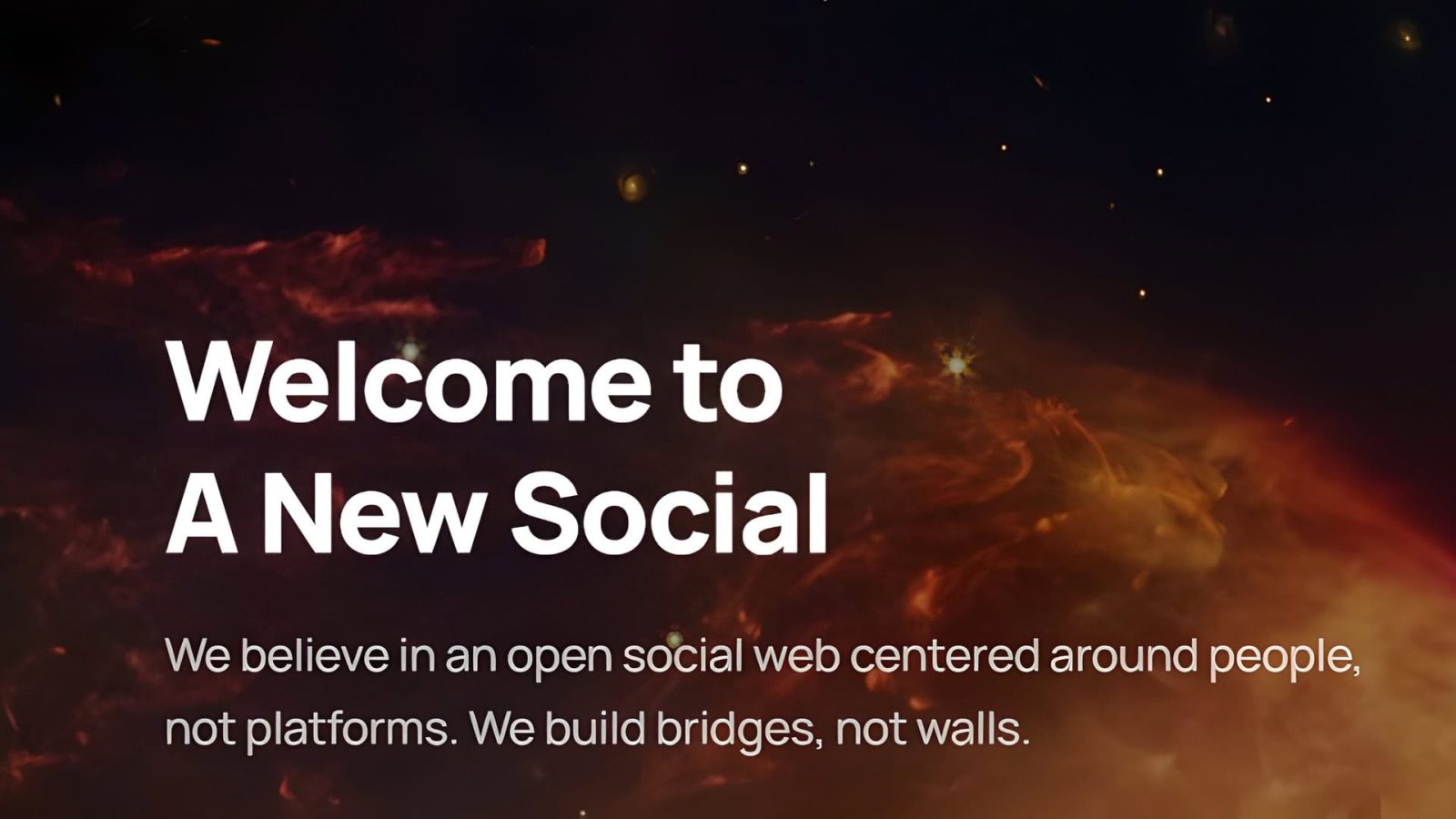The open social web is a promise with a lot of potential, but it has not yet become a reality. In other segments of the tech industry where interoperability between systems and devices is key, there are often organizations that are in charge of monitoring compliance with common parameters. That is what A New Social platform wants to achieve in the social networking niche.
In recent years, the social media segment has seen the birth of new decentralized platforms. The multiple attempts by a sector of X users (FKA Twitter) to move to alternatives raised interest in the niche. However, there is still a lot of work ahead to achieve the dream of almost total interoperability between them. In this context, A New Social, a non-profit organization, wants to be the “watchdog” of the sector.
“A New Social” platform seeks to be the “watchdog” of decentralized social media
Ryan Barrett, founder of Bridgy Fed—a platform focused on decentralized social networks—and Anuj Ahooja—engineer and writer—are the main faces of the new project. “We believe that a healthy ecosystem competes on innovative features, not critical mass,” they say.
A New Social’s goal is quite ambitious, especially if they don’t have a lot of resources behind them. Getting different companies to implement common standards, which could potentially alter their workflow, is a challenging task. However, the organization will “work directly with developers to continue ensuring competition in the open social web.”
“The social web should be centered around people, not platforms, and artificial walls should not deny them the relationships they’ve built online,” they add.
The organization’s strategy
To achieve its goal, A New Social is “betting on services built on open protocols like ActivityPub and ATProto.” They are also “recruiting a Board of Directors, identifying cross-protocol projects, and reaching out to developers to collaborate on tools and services needed for cross-protocol community building.”
Basically, A New Social wants to “bring order” to the sector. They aim to guarantee that decentralized social networks adhere to specific requirements, which will ensure the much-desired almost total interoperability. Only time will tell if they can achieve this.

Leave a Reply